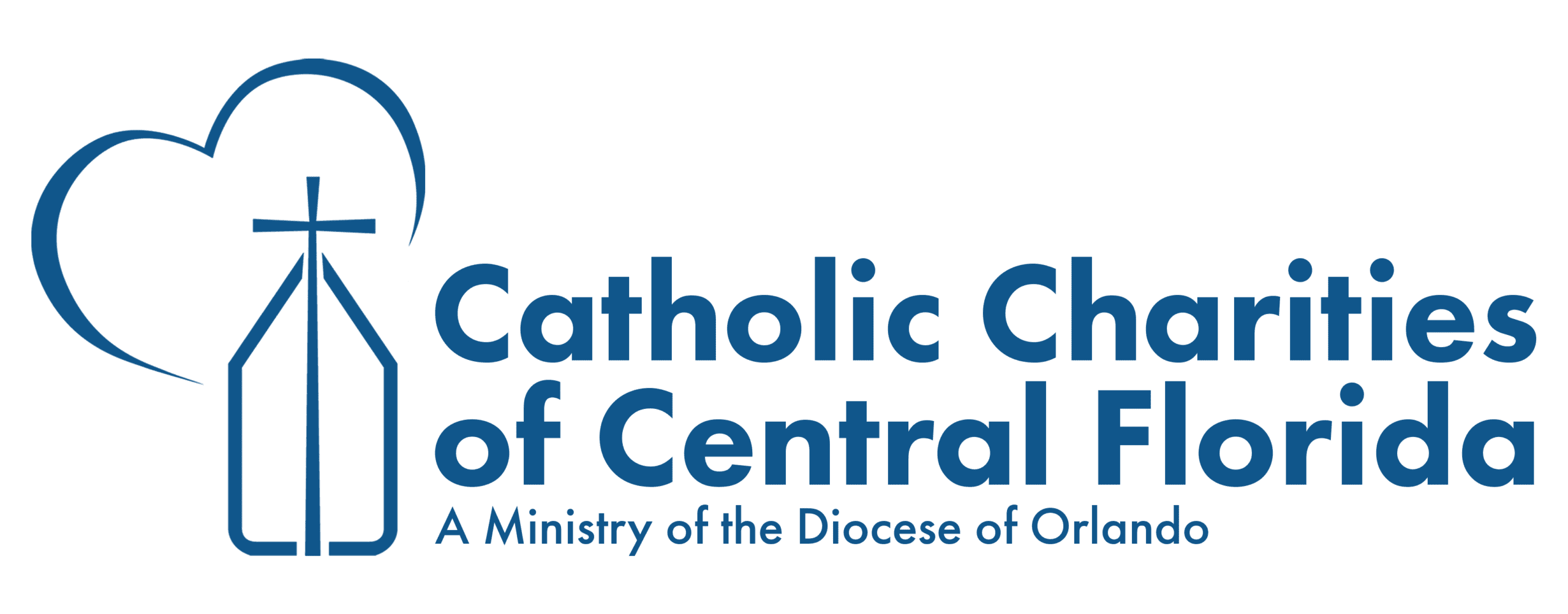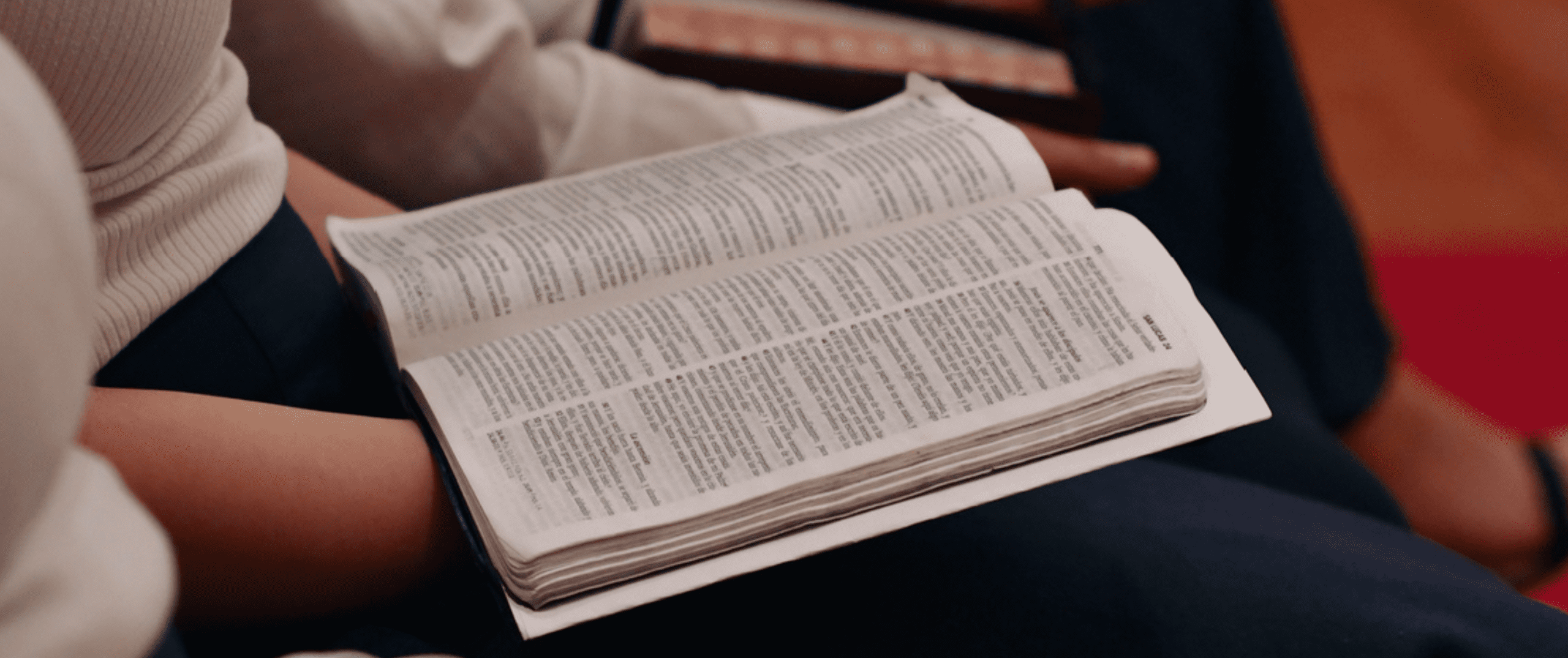The Bishops’ Pastoral Plan for Pro-Life Activities calls for a “twofold educational effort” to both the Catholic community and to the general public.
This endeavor seeks to enhance comprehension of the sacredness of human life and seeks to raise awareness of the moral wrongness associated with intentionally taking the lives of innocent human beings, whether it occurs during the earliest stages or towards the end of life. Additionally, it underscores the Church’s mission to bear witness to and diligently serve the entirety of human life.
For requests regarding presentations on Advance Care Planning, Building a Culture of Life, or Forming Consciences for Faithful Citizenship, please click here.
Human Trafficking
Both labor and sex trafficking are often hidden in plain sight and occur in communities throughout Florida. You can help end human trafficking!
Below are resources to support your parish or school in the mission to combat human trafficking:
Prayer & Worship
- Pray the St. Josephine Bakhita Novena to end Human Trafficking.
- Use this toolkit to host a prayer service for Human Trafficking Awareness Day on January 11.
Public Information & Education
- Share this interactive Human Trafficking Prevention Curriculum, which features a youth session focused on empowering students to make safe online choices, and a caregiver session offering resources to help caregivers protect their children from exploitation. Each session lasts ~50 minutes and features discussions, case studies, videos, and worksheets to equip participants with practical skills for online safety and human trafficking prevention.
- Watch these informational webinars from the Alliance To End Human Trafficking, a Catholic organization committed to raising awareness and educating on human trafficking, including issues like tech safety and forced migration.
- Visit the National Human Trafficking Hotline for safety tips, local resources, statistics, and more.
- Utilize this safety toolkit for your parish from the U.S. Dept. of Homeland Security’s Blue Campaign.
- For additional requests regarding Human Trafficking & Online Safety Training for youth and youth workers at your parish or school, email Jan Edwards at Jan@ptwfoundation.com with Paving the Way Foundation.
Pastoral Care
- Read the Pastoral Orientations on Human Trafficking from the Vatican.
- Donate to Catholic Charities of Central Florida to help support survivors of human trafficking. If donating by credit card, chose Family Stability Ministry and select the Human Trafficking Case Management option.
Advocate
- If you believe you are a victim of Human Trafficking or suspect an adult is a victim of human trafficking, contact United Abolitionists: 888-88-HOPE-1 (888-884-6731) | text 407-504-1319
- If you suspect a child is a victim, contact the National Center for Missing and Exploited Children: cybertipline.org | 1-800-THE-LOST (1-800-843-5678)
If you are in immediate danger, call 911.
Resources


